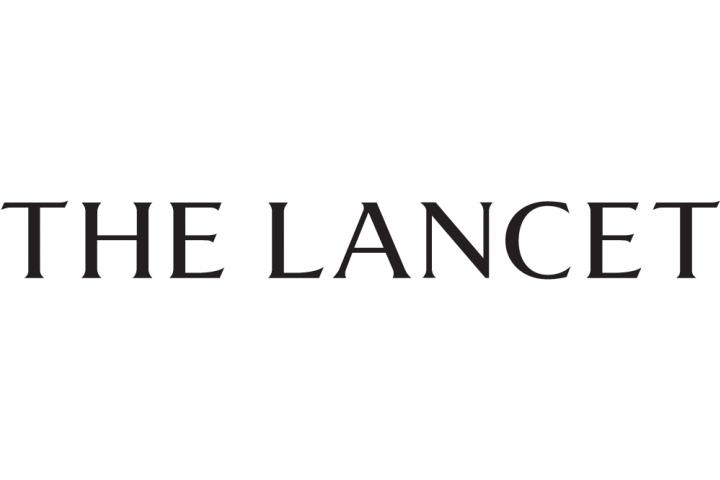The following letter was submitted for publication to The Lancet in August. Drs. Aseem Shukla and Rajiv Pandit are board members of HAF. Dr. Raman Khanna is a member of of HAF’s National Leadership Council.
In its recent editorial the Lancet suggested that depression and post-traumatic stress disorder (PTSD) in Kashmir, might increase after India’s revocation of Articles 370/35A, which among other things barred non-Kashmiris from investing or purchasing property there. We agree with the Lancet that all policy decisions have possible health ramifications; and that the curfew accompanying the above revocation could cause worrisome side effects the longer it continues. However, we also feel the editorial misleads readers by omitting two important, long term health implications of this decision.
First, the militant insurgency in the Kashmir Valley, which has already carried out ethnic cleansing against the 350,000 indigenous Hindus of Kashmir, is itself a public health threat. The displaced minority population, which fears to return to its homes, has a high prevalence of depression, PTSD, generalized anxiety disorder, and dementia. Preventing violence, especially against vulnerable minorities, is an important health policy goal, as is resettling refugees. Both are more likely with the revocation of Articles 370/35A.
Second, Kashmir’s “special status” had detrimental effects on healthcare. Non-Kashmiris, unable to buy property, were disincentivized from settling and working at progressively less-staffed hospitals. A ban on outside investment stunted the $9 billion corporate hospital sector, which is expected to now thrive and improve healthcare access and quality.
The Lancet should consider all health implications of complex policy decisions. The revocation of Articles 370/35A may actually allow a salutary transformation of the healthcare ecosystem in Kashmir that also helps safeguard previously vulnerable religious minorities.
Respectfully submitted,
Aseem R. Shukla, MD
Rajiv Pandit, MD
Mala Shaykher-Kaul, MD
Raman Khanna, MD
Neha Shah, MD
August 22, 2019






































